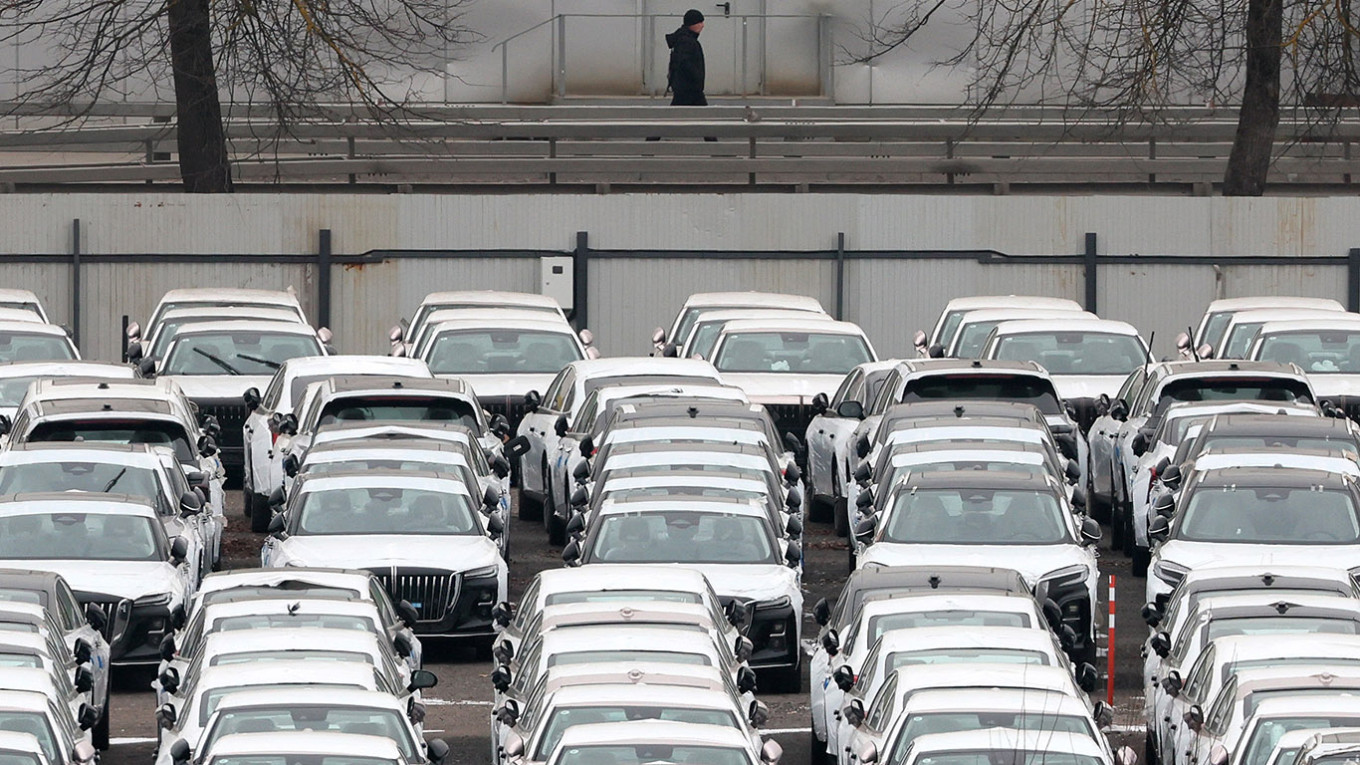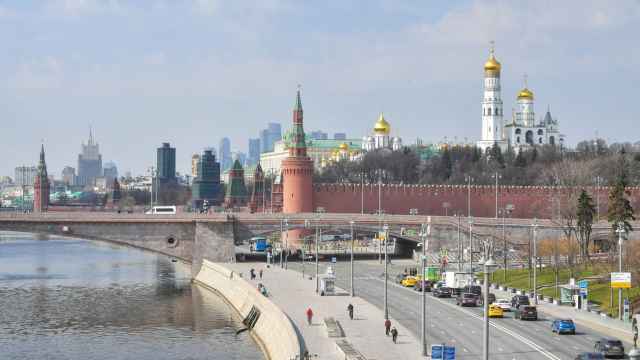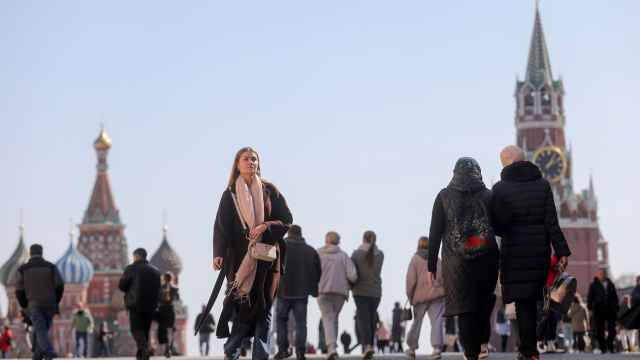U.S. President Donald Trump's trade wars may hurt the Russian economy in ways that go beyond falling oil prices and shrinking budget revenues.
If the U.S. and China fail to reach a resolution, Beijing could devalue the yuan, making Chinese goods more competitive and threatening Russia’s domestic producers, an adviser to the head of Russia’s Central Bank has said.
“If the two sides escalate the confrontation too far, the result could be a weakening of the Chinese currency,” Kirill Tremasov said.
“That would enhance the competitiveness of Chinese goods in global markets, including our own. China accounts for a significant share of Russia’s imports, and this could pose risks to Russian manufacturers, especially if a flood of cheap Chinese goods enters the economy,” he continued.
Tremasov noted that such a move would have little effect on Russian exports to China, which are primarily raw materials and less sensitive to currency fluctuations. Imports, however, could be heavily affected, creating risks for Russia’s already strained economy.
China has emerged as Russia’s dominant trading partner since the invasion of Ukraine triggered far-reaching Western sanctions and an exodus of Western companies.
Last year, Beijing accounted for over one-third (34.1%) of Russia’s foreign trade turnover, including nearly 40% of imports, according to experts from the Gaidar Institute.
The majority of Chinese imports consist of machinery and consumer goods. The volume of those imports, the experts said, is largely determined by the strength of consumer and industrial demand in Russia — demand that remains strong and significantly outpaces supply. This imbalance has fueled inflation despite the Central Bank’s key interest rate sitting at 21%.
While Chinese brands have stepped in to fill the vacuum left by departing European, American and Japanese companies, they are also challenging Russian firms.
“The Chinese operate in the most marginal segment of the market; that is, they make more money with fewer cars. We are being squeezed into the low-margin segment,” said Maxim Sokolov, president of AvtoVAZ, Russia’s largest automaker.
Analysts at MMI have described the situation in Russia’s auto industry as a “capitulation to China.”
Civilian industrial production has also been weakening due to high interest rates and a nationwide labor shortage. Output fell in the first quarter and by March had dropped to its lowest level in two years, according to the state-linked Center for Macroeconomic Analysis and Short-Term Forecasting (TsMAKP).
A fresh wave of inexpensive Chinese imports could further undermine struggling domestic sectors.
The concern extends beyond consumer goods. A survey of small tech firms across various industries conducted last year said that the single greatest threat to Russia’s technological development is its growing reliance on imports, especially from China — a view shared by 54% of respondents.
A Message from The Moscow Times:
Dear readers,
We are facing unprecedented challenges. Russia's Prosecutor General's Office has designated The Moscow Times as an "undesirable" organization, criminalizing our work and putting our staff at risk of prosecution. This follows our earlier unjust labeling as a "foreign agent."
These actions are direct attempts to silence independent journalism in Russia. The authorities claim our work "discredits the decisions of the Russian leadership." We see things differently: we strive to provide accurate, unbiased reporting on Russia.
We, the journalists of The Moscow Times, refuse to be silenced. But to continue our work, we need your help.
Your support, no matter how small, makes a world of difference. If you can, please support us monthly starting from just $2. It's quick to set up, and every contribution makes a significant impact.
By supporting The Moscow Times, you're defending open, independent journalism in the face of repression. Thank you for standing with us.
Remind me later.






